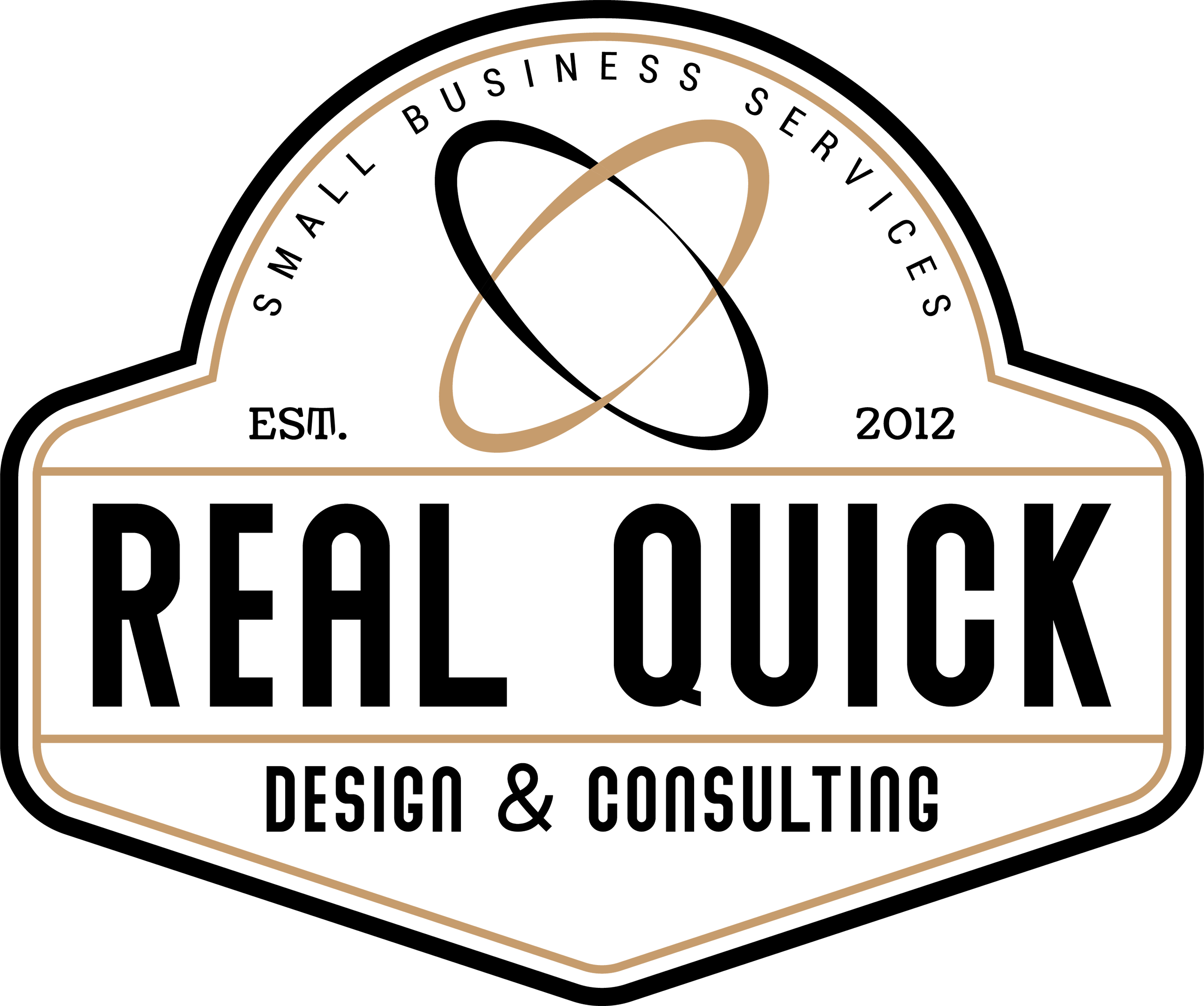
5 tips for online business reputation management
Introduction
Reputation management is the process of protecting and enhancing your online reputation. It's important because your business' reputation is one of its most valuable assets, and it can make or break you in a competitive market.
Reputation management has many benefits:
Reputation management helps to prevent negative reviews from being posted on sites like Yelp and Google.
It allows you to respond quickly when something goes wrong in order to minimize damage control costs (e.g., paying for ad space).
It increases sales by improving brand awareness among potential customers who are more likely to buy from businesses with positive online reviews than those without any reviews at all
Tip 1: Monitor Your Online Reputation
The first step to managing your online reputation is monitoring it. You can do this by setting up Google Alerts and keeping an eye on social media channels, but if you have the budget for it, there are also tools that will help automate the process.
Tip 2: Respond to Negative Reviews
Acknowledge the negative review. When you receive a negative review, it's important that you acknowledge it and take responsibility for the situation. This will help build trust with your customers, who can then feel more comfortable buying from you in the future.
Offer an apology. An apology is not only appropriate but also necessary if there was anything wrong with the product or service being reviewed (and even if there wasn't). The customer has already taken time out of their day to write about how unhappy they were with something; don't make them feel like their opinion doesn't matter by brushing off their concerns as unimportant or insignificant!
Provide a solution for future problems: If possible, offer some sort of solution so this issue doesn't happen again--whether this means providing better customer service training for employees or offering free shipping on returns within 30 days after purchase (or whatever else might be appropriate).
Tip 3: Engage with Your Audience
Engaging with your audience is one of the most effective ways to manage your reputation. Social media is a great place to connect with customers and fans, but it's important to remember that this isn't just about posting content or responding to comments. It's also about listening for opportunities to improve your business, as well as responding quickly when something goes wrong.
If you have an active social media presence, then it's likely that people will be talking about you on Twitter or Facebook--and if they're not already doing so, then it's time for some engagement! When someone posts something positive about your brand (or even just mentions it), thank them by liking their post and commenting back with a personal message like "thanks!" This will show other users how much their feedback matters; when they see others being thanked in this way too often (and especially if those people aren't celebrities), they'll feel encouraged themselves into participating more often too!
Tip 4: Leverage Positive Reviews
One of the best ways to improve your online reputation is by leveraging positive reviews. Encourage customers to leave reviews, respond to positive reviews and share them on social media.
When a customer leaves a review on your business' website or Yelp page, make sure they know you appreciate their feedback. Thank them for taking the time out of their day to write it, let them know how much you value their opinion and ask if there's anything else we can do for them (or anything else we could do better). This will help build trust with future clients who see these interactions in their search results when looking for businesses like yours!
Tip 5: Create a Reputation Management Protocol
Establish guidelines for responding to reviews.
Create a process for monitoring reviews.
Set up a system for responding to complaints.
Hire someone to help manage this for you.
Review
Tip 1: Monitor your reputation regularly.
Tip 2: Respond quickly when you see negative reviews or comments.
Tip 3: Don't engage in public arguments with customers or former employees on social media, especially if they are posting about the company in question.
Tip 4: Be proactive about responding to negative press coverage of your business by issuing a statement and providing context for the situation at hand (if appropriate).
Ready to take control of your company's online reputation?
Don't let negative reviews or comments hold you back from success. Fill out the form below and secure your free 15-minute consultation on reputation management with our expert team. We'll help you identify areas for improvement and craft a winning strategy to enhance your brand's online presence. Don't wait – seize this opportunity to elevate your business today!
